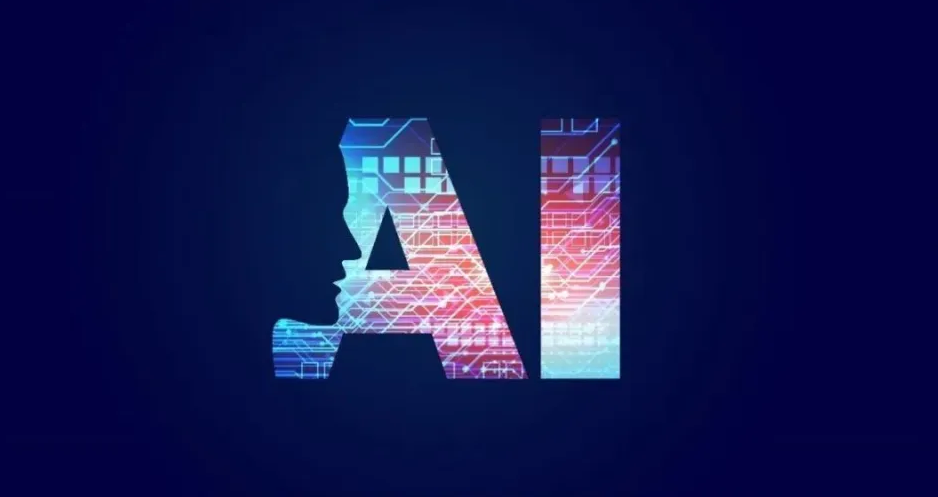Harvard Medical School recently received a huge donation of US$6 million, which will be used to accelerate the cultivation of medical artificial intelligence talents. The donation comes from the Dunleavy Foundation, led by Inovalon founder Keith R. Dunleavy, and aims to support Harvard Medical School’s innovative educational programs in the field of medical artificial intelligence, covering graduate students, undergraduates and postdoctoral researchers. The investment of this fund will significantly enhance Harvard Medical School’s education and research capabilities in the field of medical artificial intelligence and cultivate more high-quality comprehensive talents for the medical industry.
Harvard Medical School recently announced that it has received an important donation from alumni, which will comprehensively accelerate the cultivation of medical artificial intelligence talents. The Dunleavy Foundation, led by Keith R. Dunleavy, a distinguished alumnus of the school and founder of the medical data analysis company Inovalon, donated US$6 million to Harvard Medical School to develop innovative education projects in the field of medical artificial intelligence.

The funding will be in the form of the Dunleavy Clinical Artificial Intelligence Fund, which includes an immediate grant of $1 million and a permanent fund of $5 million. Funds will be mainly used to support graduate students, undergraduates and postdoctoral researchers to carry out clinical AI-related research. The first priority of the fund is to expand the scale of the medical artificial intelligence doctoral program just launched in September this year. This is a strategic initiative launched by Harvard Medical School to adapt to changes in the medical industry.
Picture source note: The picture is generated by AI, and the picture is authorized by the service provider Midjourney
George Q. Daley, dean of Harvard Medical School, emphasized that doctors of the future will work in an environment where cognitive support is provided by artificial intelligence tools. In order to maintain the leading position in medical education, we must plan ahead and plan ahead.
Lucia R. Morris, a first-year doctoral student in the program, shared her learning experience. She said the program not only provides rigorous technical training but also hands-on experience including clinical rotations. This enables students to actually apply AI technology in clinical settings, rather than just developing a model that sits on the shelf.
The Department of Biomedical Informatics will also use this fund to launch more innovative projects. These include hackathons for undergraduate students, allowing students to explore innovative solutions using clinical data. At the same time, the department will also provide research internship opportunities for undergraduate and master's students and provide guidance on academic paper publication.
As the founder of the foundation, Dunleavy said: By supporting cross-field training, we hope to provide more talents proficient in AI technology in the medical and health field. This coincides with Dean Daley’s view that now is the best time to train medical AI experts.
This major donation not only reflects Harvard Medical School’s forward-looking layout in cultivating medical AI talents, but also highlights the urgent need for AI compound talents in the medical industry. By building a complete talent training system, Harvard Medical School is reserving sufficient talent for AI innovation in the medical field.
The editor of Downcodes concluded: This move by Harvard Medical School not only injects new vitality into its own development, but also contributes significantly to the development of the global medical artificial intelligence field, indicating that the future medical field will usher in a more intelligent and efficient era.